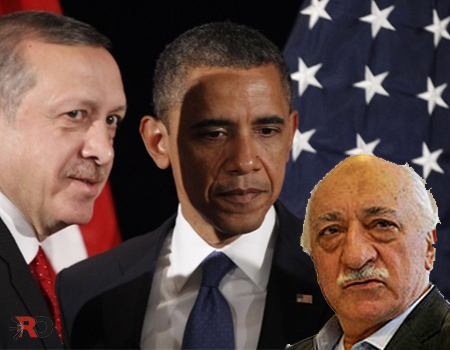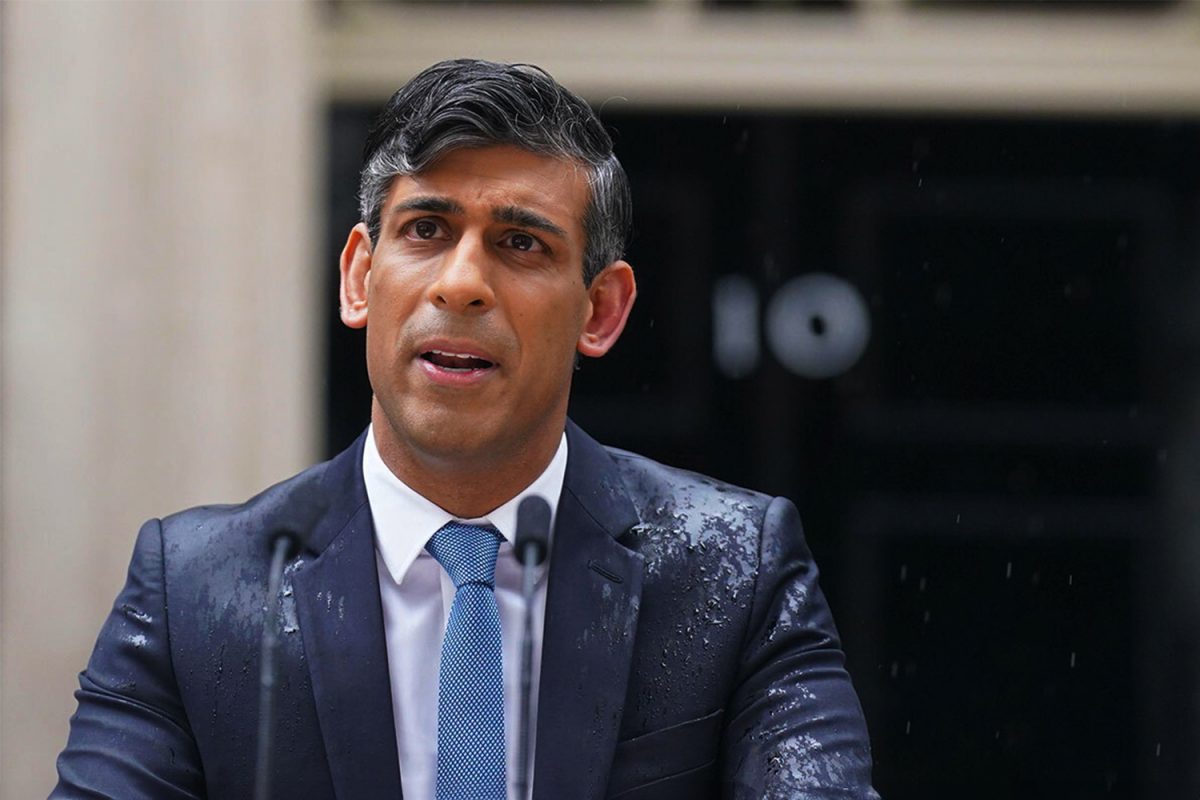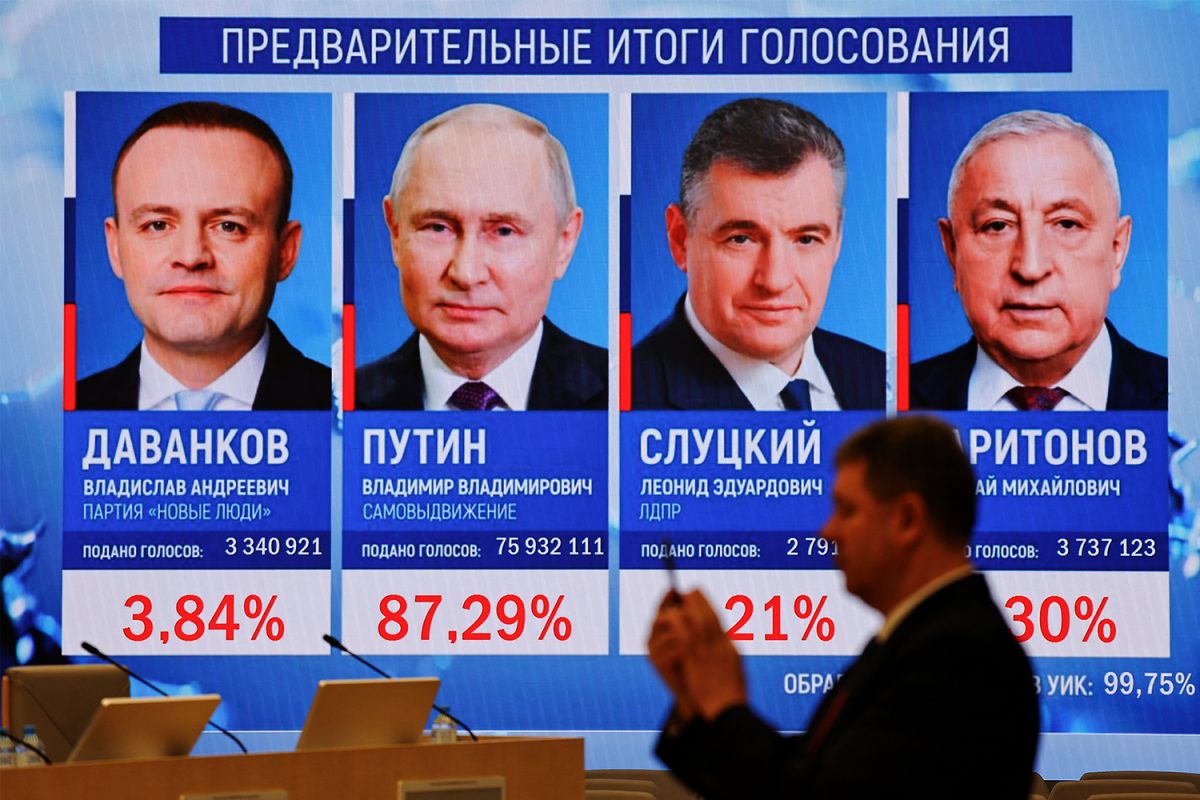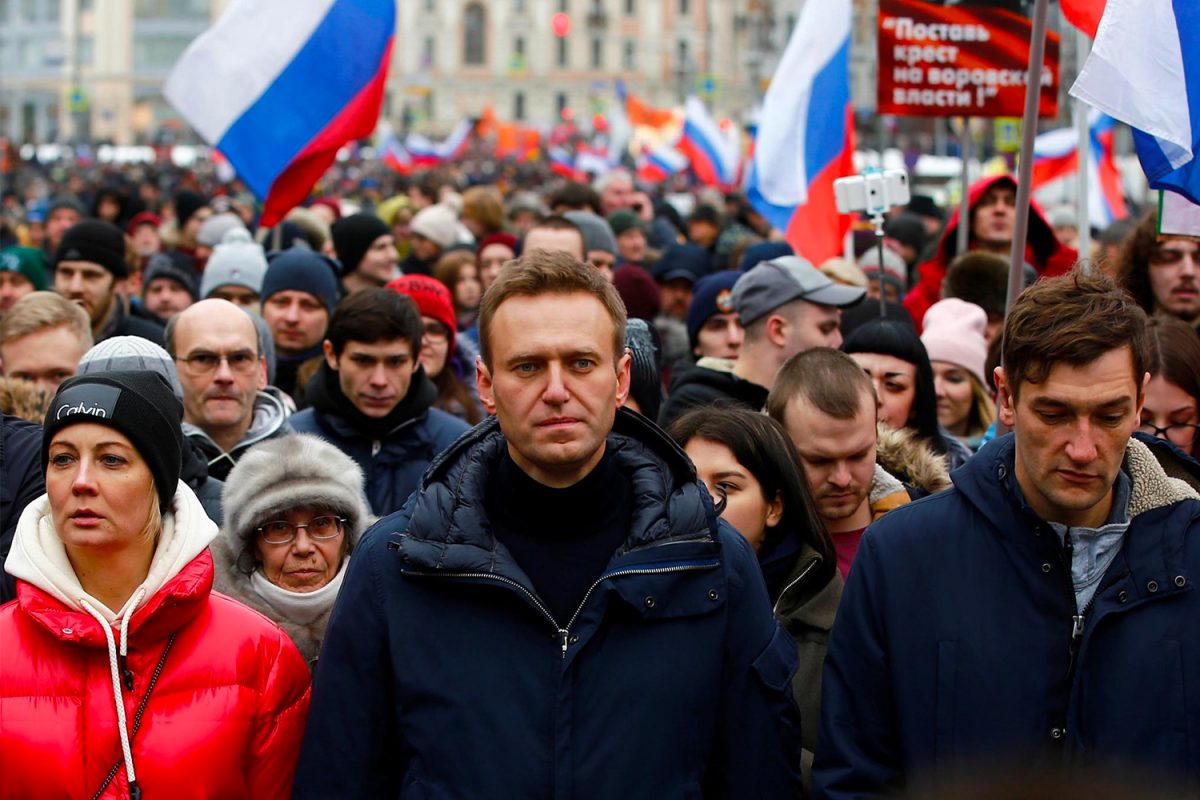
By Osman ilhan
The Erdogan-Gulen clash continues to evolve in Turkey as various factors continue to push and pull the issue in different directions. In a very short period of time Recep Tayyip Erdogan became one of the most powerful men in Turkish politics. Similarly, Fethullah Gulen and his educational movement also grew in strength. Erdogan has played a central role in America’s agenda in the region and this latest scandal raised many questions on the sustainability of Erdogan as a political force in the country. To understand this and assess if Turkey can fulfill America’s designs there are some key factors that will influence this.
The Turkish Prime Minister has been an ally of the US since assuming office. The government has actively participated in the invasion of Afghanistan, given the US support during the war in Iraq and has become a model country for democracy in the Middle-East. His gradualist supporters don’t deny the circumstances, citing that US support towards moderate Islamists and multi-party democracy has been the only way to keep the ultra-Kemalist establishment at distance within the Turkish political arena.
Despite being pro-American in foreign policy, Erdogan has recently stood up against Israel quite publicly, and been hailed as a champion of the Palestinian cause [1]. He is still willing to work with Israel in matters of mutual interest, such as trade relations between the governments and the two-state solution [2]. However, it was his voice of public opposition that led to many within the Turkish establishment and media to be more vocal against Israel, disturbing many within the pro-Israel lobbies and the US policy makers. Together with a more actively conservative national agenda (such as laws restricting the public sale of Alcohol [3], expressing disapproval of credit cards and the ‘interest-rate lobby’[4], and calls for an increased birth rate), he has caused some concern within the US government and forced a re-think of US foreign policy towards the Turkish government.
What has resulted is the main Kemalist opposition party recently shifting their stance on politics. Once a bastion of ultra-secularism and opposed to any public display of religious beliefs, they’ve since toned down their open enmity towards Islam and adopted a more US-friendly approach, with the rise of Kemal Kilicdaroglu as leader of the CHP (the Republican People’s Party). This can be seen in the many public rallies he has undertaken, in seeking to appeal to the conservative and liberal electorate, such as supporting the lifting of the Hijab ban [5]. Also worthy of consideration is the shift in stance amongst the military establishment, with the rise of Necdet Ozel as Chief of General Staff. This has led to actions which are more in-line with American interests, in showing a less willingness to publicly speak out against the Turkish government as was previously the case [6].
Despite the US support behind the Kemalist opposition in their attempts to gain office, it has failed to capture the vast majority of the liberal and conservative votes. Much of their electorate is still seen to be from amongst the Alevi minority and those following the traditional Kemalist stance of distrust towards the religious crowd. As a result, the Americans have been unwilling to risk severing ties with the Erdogan camp, and have chosen less vocal methods of addressing the Erdogan government and their foreign policy.
In comparison to the Turkish government, The Gulen movement is quite vocal in supporting both the American and Israeli governments. Of note is also their public stance against the Iranian, Saudi and Russian interests in the region [7]. Such governments have opposed the establishment of charter schools associated with the Gulen movement, as well as their media networks and business interests. Publicly the Gulen movement has become champions of open democracy and secular liberal policy on a global scale, to broaden the movement on an international platform. They’ve also been quite critical of government policy seeking to limit their public interest (such as the closure of privation tuition schools within Turkey). Whilst this can explain the break in relations between the Turkish government and the Gulen movement, the public backlash and mud-throwing since suggests that darker motives are behind the unrest.
Given the strength of the Israel lobby and their vested interest in a more liberal Turkish government, one would assume that the American government would be more inclined to support the Gulen movement in the recent conflict. Whilst this has been suggested by some within the AKP camp, American foreign policy has largely remained silent on the issue. The US has been shown to rely on the influence of the Turkish Prime minister to further their goals in the Middle East, and perhaps it is the lack of political strength within the Gulen Movement that has caused the US to be hesitant on public support. Traditionally when US strategic interests were at stake, they have actively campaigned to cause a change of government. However, it is the pro-American stance of the Erdogan government and an unwillingness of the US to put future interests at stake that has left the American government in a political dilemma. The American support for the regime in Saudi Arabia (against the direct interests of the Gulen movement) and the recent shift in relations with Iran have further sidelined US willingness to stand behind the Gulen movement. What has resulted is the open attempt to silence the movement in Turkey, with the Erdogan government moving against certain members within the media [8], police force [9], judiciary [10] and the banking sector [11].
Whilst this hasn’t silenced some journalists and supporters (or the mud-throwing that has been occurring on public platforms for the past month), it has for the large part silenced the robust sectors associated with the movement. It could perhaps also be a key factor in determining which side the US will support in the long-term.
[1] http://edition.cnn.com/2011/WORLD/africa/09/13/erdogan.turkey.arabs/index.html
[2] http://www.bloomberg.com/news/2014-02-10/turkey-israel-detente-advances-fueled-by-energy-potential-1-.html
[3] http://www.hurriyetdailynews.com/restrictions-on-alcohol-sales-go-into-effect-today-in-turkey.aspx?PageID=238&NID=54074&NewsCatID=344
[4] http://www.bloomberg.com/news/2013-06-28/does-erdogan-really-believe-in-an-interest-rate-lobby-.html
[5] http://www.hurriyetdailynews.com/abolishment-of-headscarf-ban-causes-rift-within-main-opposition-chp.aspx?pageID=238&nID=56129&NewsCatID=338
[6] http://www.dw.de/turkey-minister-threatens-to-turn-military-on-gezi-protesters/a-16887967
[7] http://www.todayszaman.com/columnist/emre-uslu_332276_will-the-akp-lose-votes.html
[8] http://www.todayszaman.com/news-338695-todays-zamans-mahir-zeynalov-leaves-turkey-under-deportation-threat.html
[9] http://www.reuters.com/article/2014/01/31/us-turkey-corruption-idUSBREA0U0OL20140131
[10] http://www.theguardian.com/world/2014/feb/15/turkish-mps-brawl-parliament-erdogan-judiciary-vote
[11] http://www.bloomberg.com/news/2014-02-05/bank-asya-penalized-in-erdogan-gulen-brawl-over-graft-probe-1-.html





One comment
kahema juma
4th March 2014 at 3:31 am
asaalaam aaleykum, how are you? i would like to contribute articles in this website.